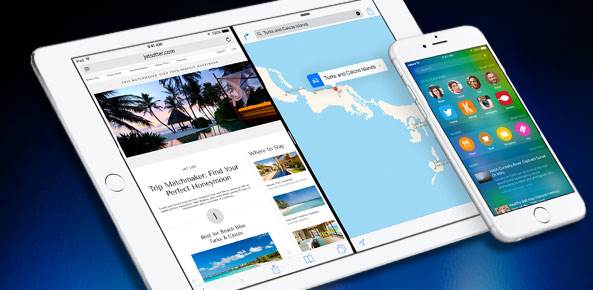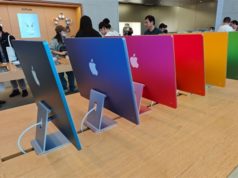Fans of Apple who aren’t developers will be able to test drive yet another beta version of iOS 9 ahead of the operating system’s general release sometime this fall. Apple released version two of the iOS 9 public beta yesterday.
The update comes just two weeks after Apple unveiled a public beta of its mobile operating system for the first time. Beta testers were invited to try out a previous version, iOS 8.3, earlier this year, but only if they were members of the company’s AppleSeed program.
Apple yesterday also rolled out a second beta of its new desktop OS, OS X El Capitan. Like iOS 9, El Capitan first became available in public beta earlier this month and is scheduled for general release later this year.
Testers Can Downgrade to Stable OS
Unlike individual and enterprise developers who want to build new apps on top of Apple code, public beta testers do not have to sign up for one of Apple’s Developer Programs, which require payment of membership fees that start at $ 99 per year. Non-developer members of the public need only valid Apple IDs and, ideally, backed-up or secondary iPhones, iPads or Macs they can safely use to try out pre-release, possibly buggy software.
Public beta testers have reported troubles with the pre-release version of iOS 9 — and some have indicated they want to delete the not-yet-ready-for-prime-time software from their devices in favor of returning to a stable operating system. That can be done by either downgrading via a device firmware update or re-downloading a stable version of the software while in Recovery mode.
The beta version of iOS 9 released yesterday features the return of Home Sharing, which lets users stream their iTunes files via Wi-Fi. It also adds picture-in-picture capabilities for video podcasting, and reportedly brings with it glitches with activity-tracking apps, iBookstore syncing and text tone controls, among other issues.
New Software Built on More Feedback
Apple said the final version of iOS 9 will be designed to deliver “a better experience with every touch.” In addition to supporting more personalized content for apps and enabling better security and longer battery life, iOS 9 will also feature a new design for Apple’s Siri digital personal assistant, along with improved search capabilities.
OS X El Capitan, meanwhile, is being touted as desktop operating software that will provide smarter, more efficient and “snappier” operations, better support for multitasking and faster, more fluid graphics for gaming and other uses.
Apple is not the only tech company making a greater effort to seek user input into how its software performs ahead of a general release. Microsoft has taken a similar approach with Windows 10, which is set to launch on July 29 after extensive test-drives by five million “Windows Insiders.”





